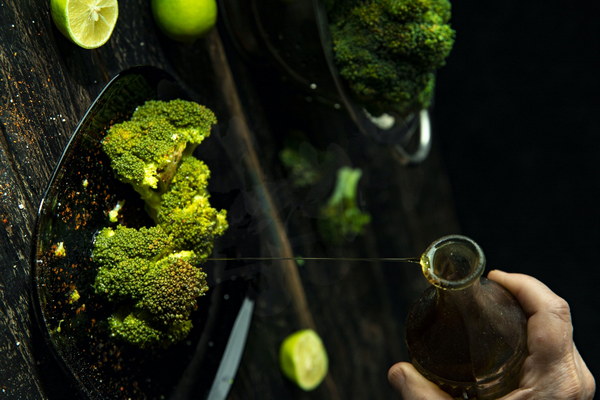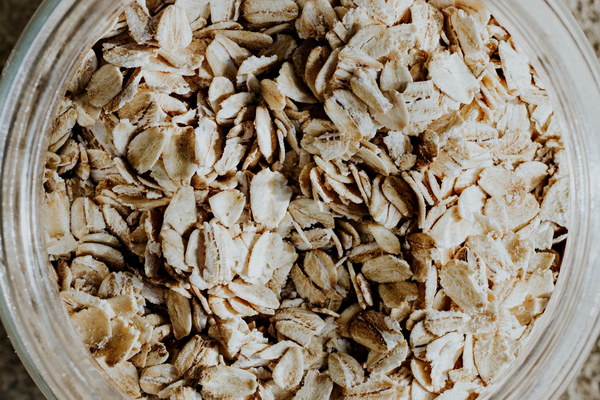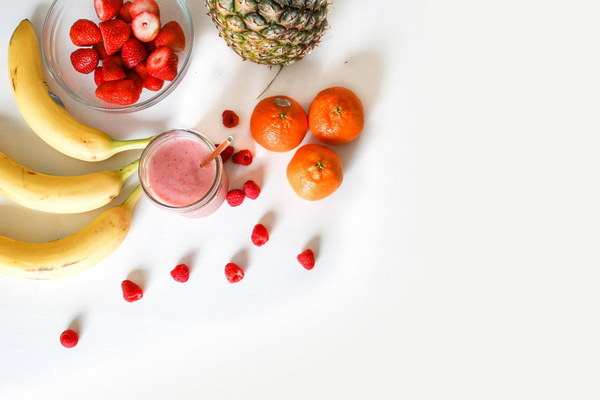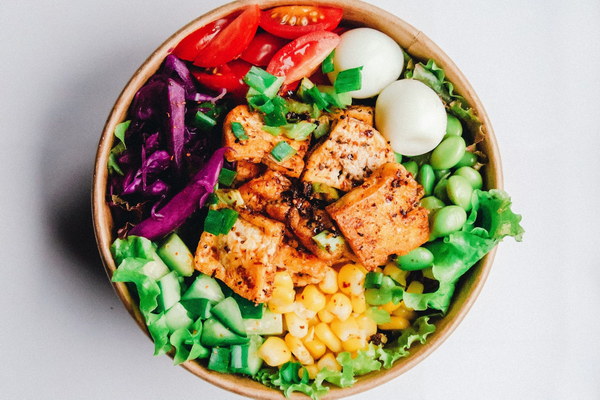Nourishing Your Way to Enzyme Richness A Guide to Therapeutic Nutrition
In the quest for optimal health and vitality, many have turned to the power of therapeutic nutrition. One such approach is the concept of enzyme-rich foods, which can support digestive health and overall wellness. Enzymes are essential for the body's proper functioning, and incorporating a diet that is rich in these vital substances can have profound effects on our well-being. Let's explore how to nourish your body with enzyme-rich foods and the benefits they can offer.
Understanding Enzymes
Enzymes are biological catalysts that speed up chemical reactions in the body. They are found in all living organisms and play a crucial role in digestion, metabolism, and other bodily functions. Without enzymes, the body's metabolic processes would be significantly slower, leading to a host of health issues.
There are two main types of enzymes: digestive enzymes and metabolic enzymes. Digestive enzymes break down food into nutrients that the body can absorb, while metabolic enzymes facilitate the production of energy and the maintenance of bodily functions.
The Importance of Enzyme-Rich Foods
When the body's enzyme production is insufficient, it can lead to digestive issues, such as bloating, gas, and indigestion. Over time, this can result in nutritional deficiencies and other health problems. By incorporating enzyme-rich foods into your diet, you can help ensure that your body has the enzymes it needs to function optimally.
Top Enzyme-Rich Foods
1. Fruits and Vegetables: Fresh fruits and vegetables are rich in digestive enzymes. Papaya, pineapple, kiwi, and ginger, for instance, contain papain, bromelain, actinidain, and gingerol, respectively, which aid in digestion.
2. Sprouted Grains and Legumes: Sprouting grains and legumes can increase their enzyme content. Sprouted almonds, for example, are high in protease, an enzyme that helps break down proteins.
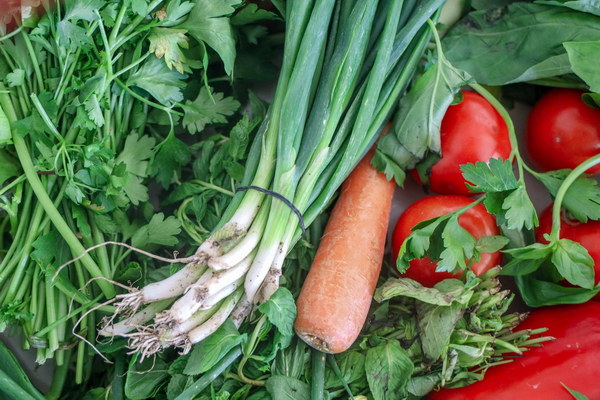
3. Fermented Foods: Fermentation is a natural process that increases the enzyme content of foods. Sauerkraut, kimchi, yogurt, and kefir are all excellent sources of digestive enzymes like lactase and protease.
4. Raw Nuts and Seeds: Almonds, walnuts, chia seeds, and flaxseeds contain enzymes that can help with digestion. However, it's important to consume these raw to preserve their enzyme content.
5. Herbs and Spices: Herbs and spices like turmeric, cumin, and fennel are not only flavorful but also packed with enzymes. They can help to stimulate the production of digestive enzymes and improve the absorption of nutrients.
Incorporating Enzyme-Rich Foods into Your Diet
To maximize the benefits of enzyme-rich foods, consider the following tips:
- Eat a Variety of Enzyme-Rich Foods: Include a variety of fruits, vegetables, nuts, seeds, and fermented foods in your diet to ensure a wide range of enzymes.
- Choose Raw Whenever Possible: Consume raw nuts, seeds, and vegetables to preserve their enzyme content. When cooking, try to use gentle cooking methods like steaming or sautéing to maintain enzyme levels.
- Support Digestive Health: If you're experiencing digestive issues, consider supplementing with digestive enzymes or probiotics to support your body's natural enzyme production.
- Listen to Your Body: Pay attention to how your body reacts to different foods. Some individuals may be sensitive to certain enzymes, so it's important to find a balance that works for you.
Conclusion
Enzyme-rich foods are a valuable addition to any diet, offering a natural way to support digestive health and overall well-being. By understanding the importance of enzymes and incorporating a variety of enzyme-rich foods into your daily meals, you can take a proactive approach to optimizing your health. Remember, the journey to wellness is a personal one, and it's important to listen to your body and make adjustments as needed.
